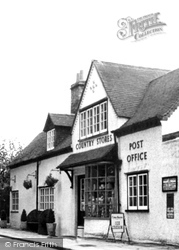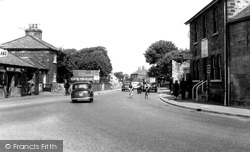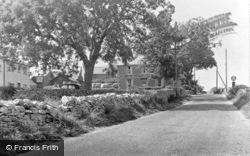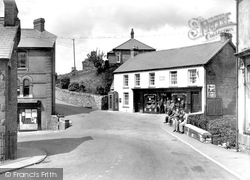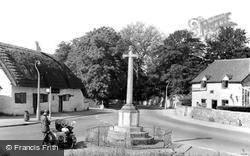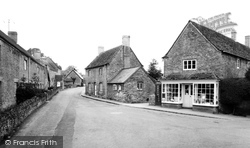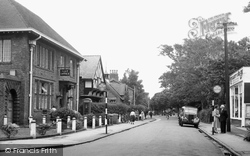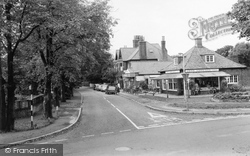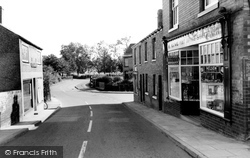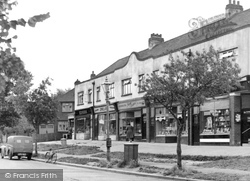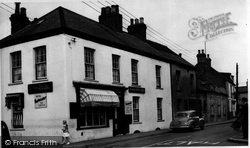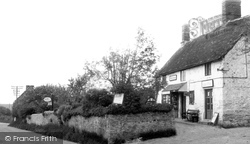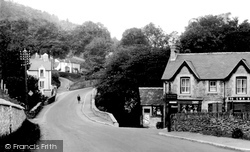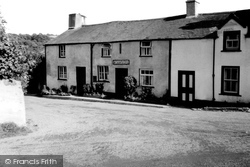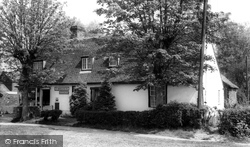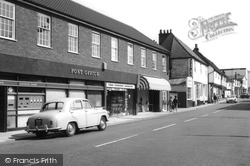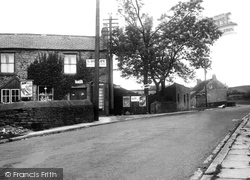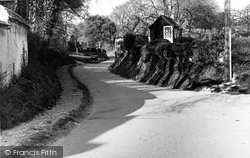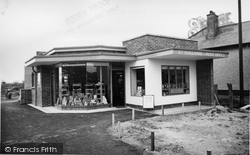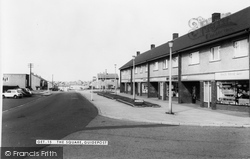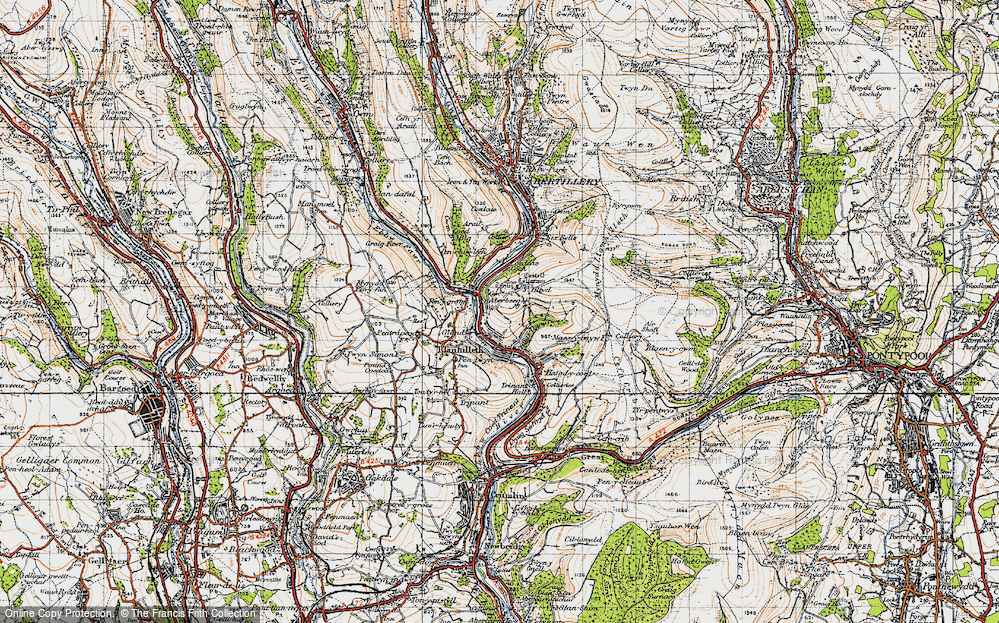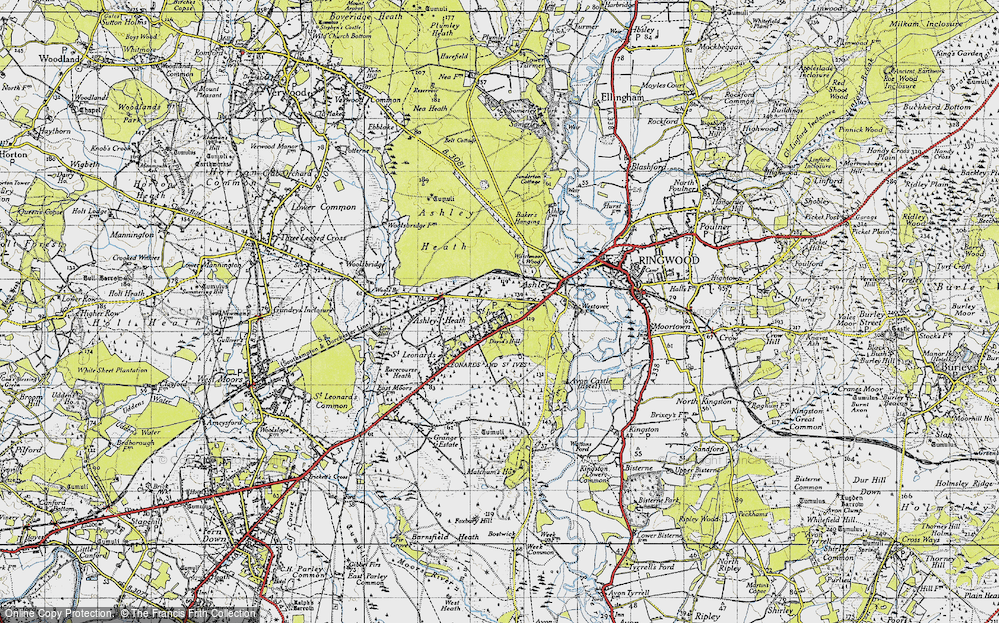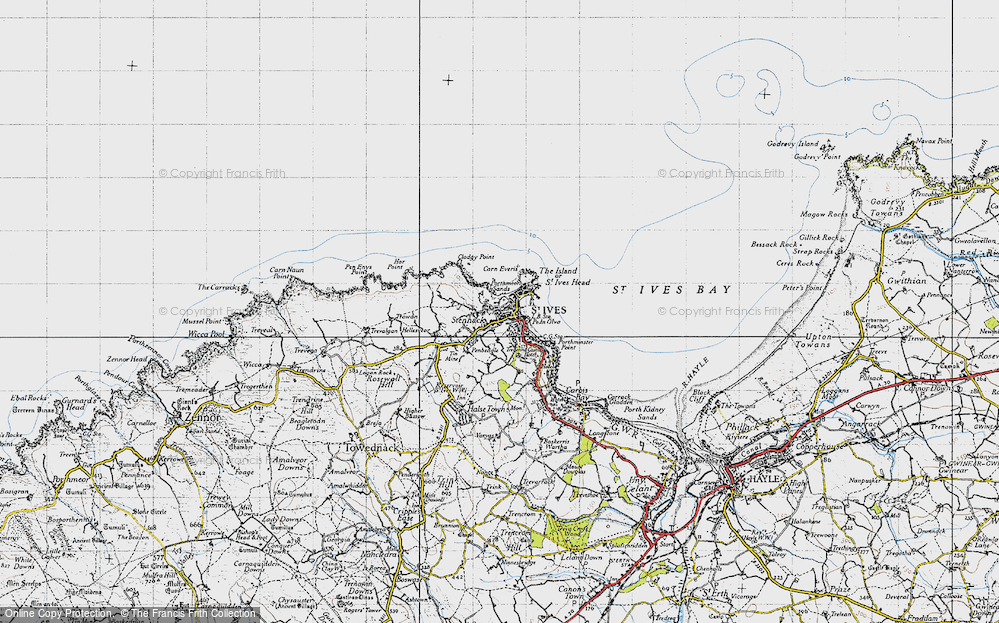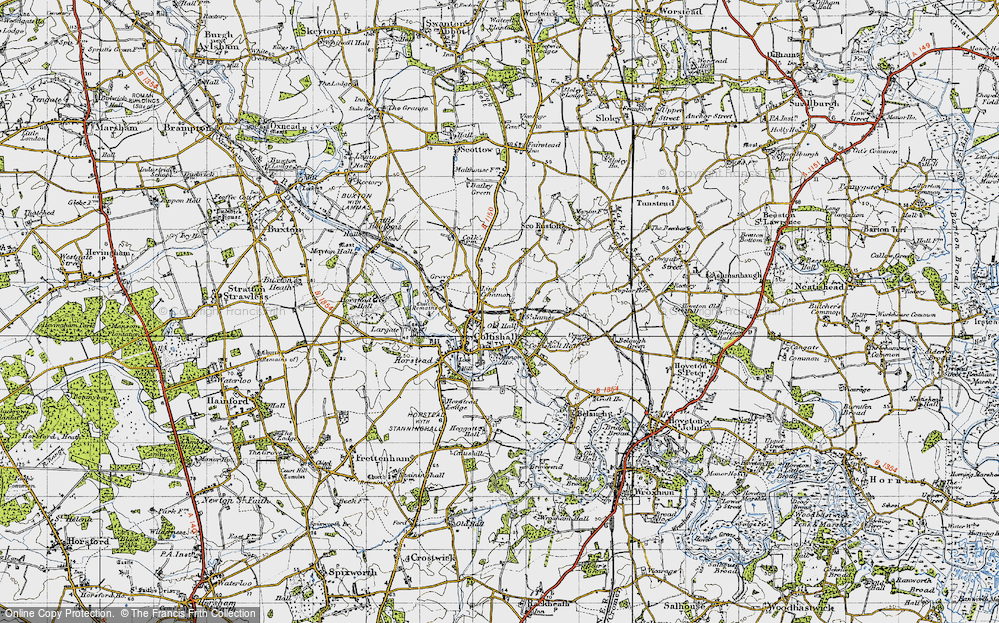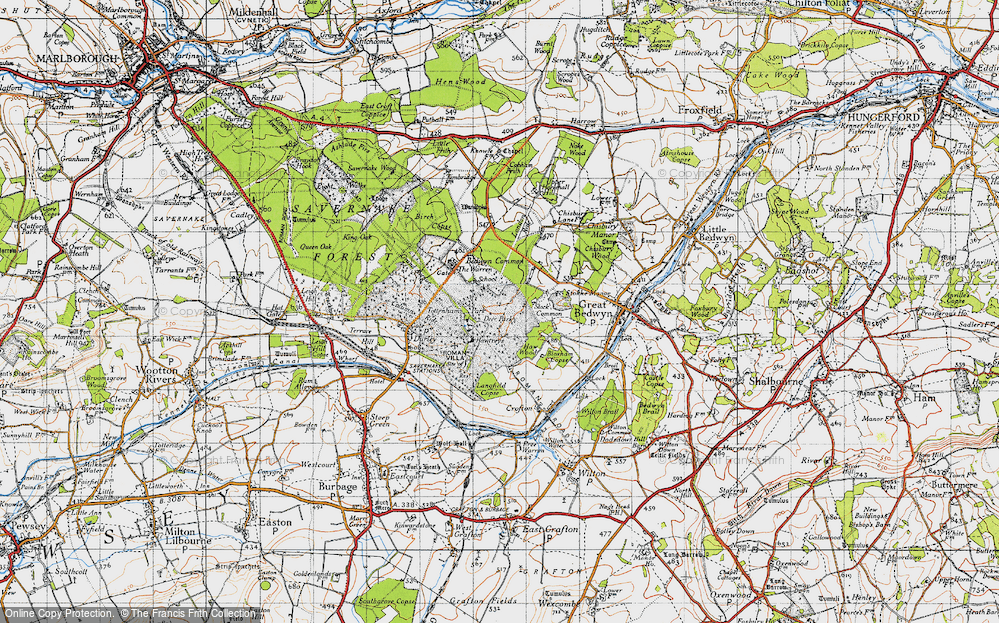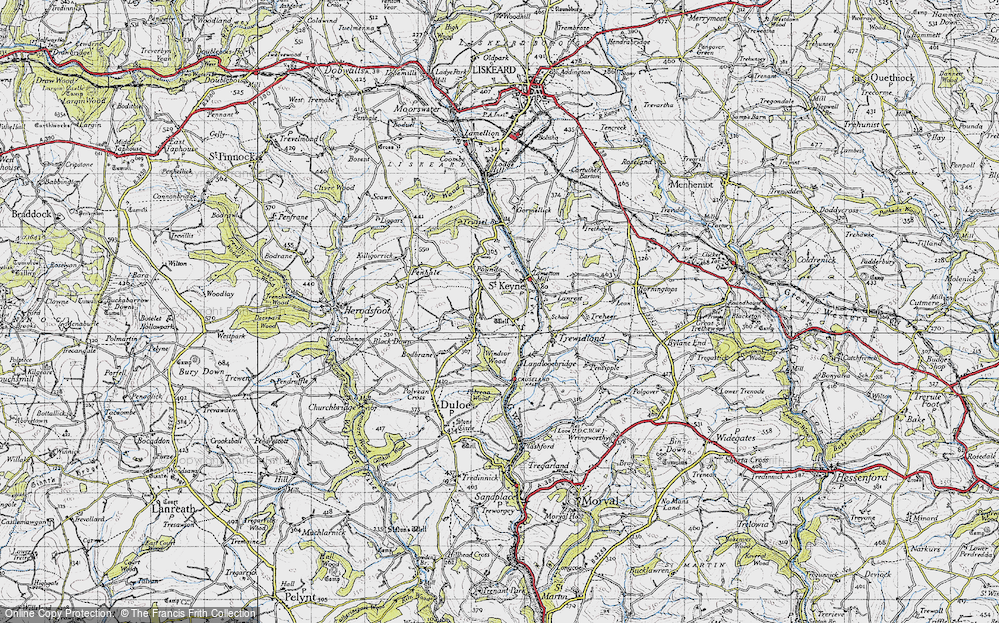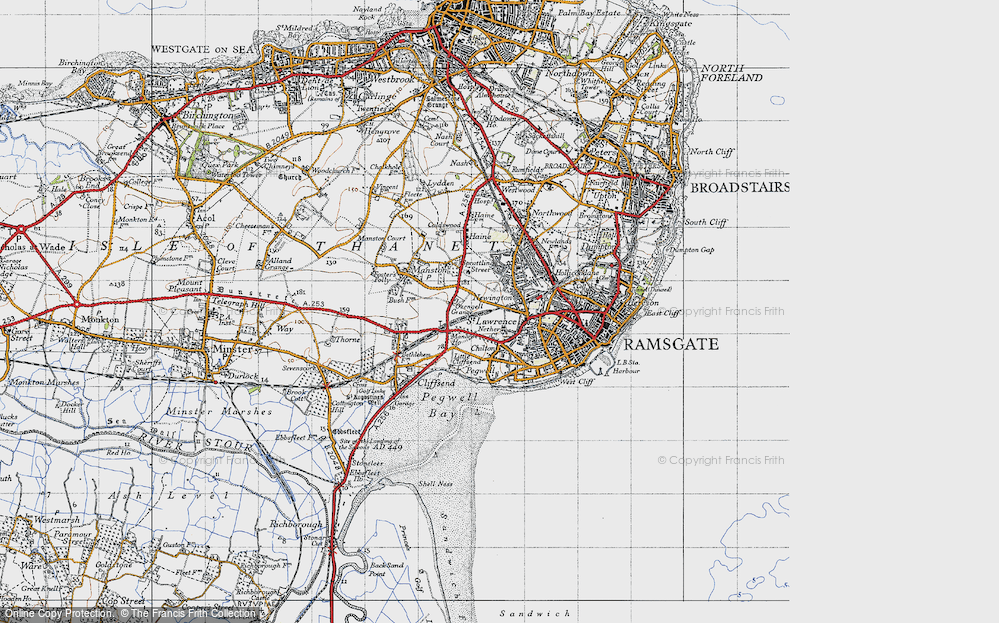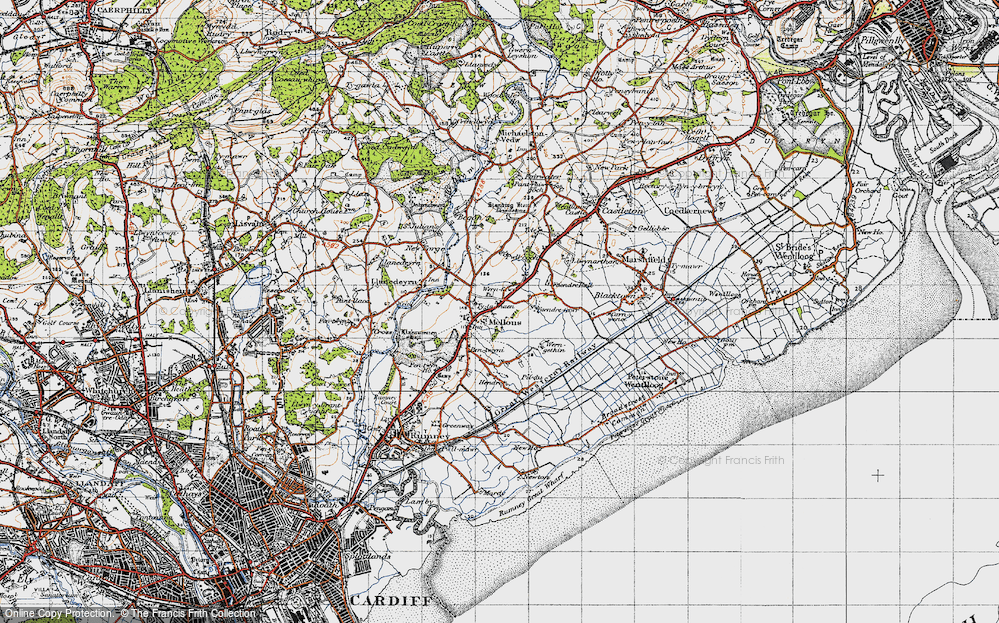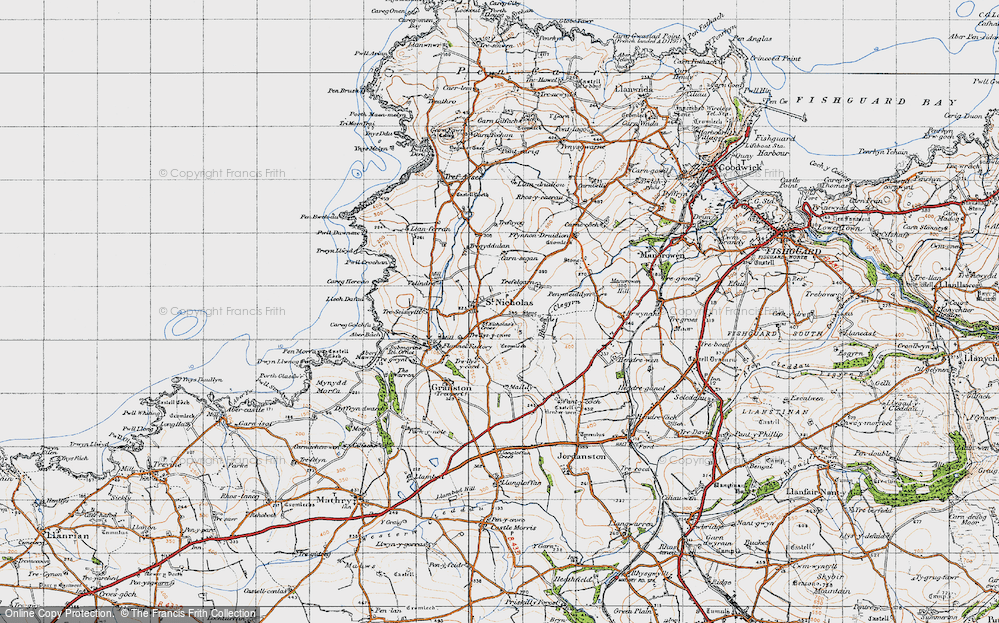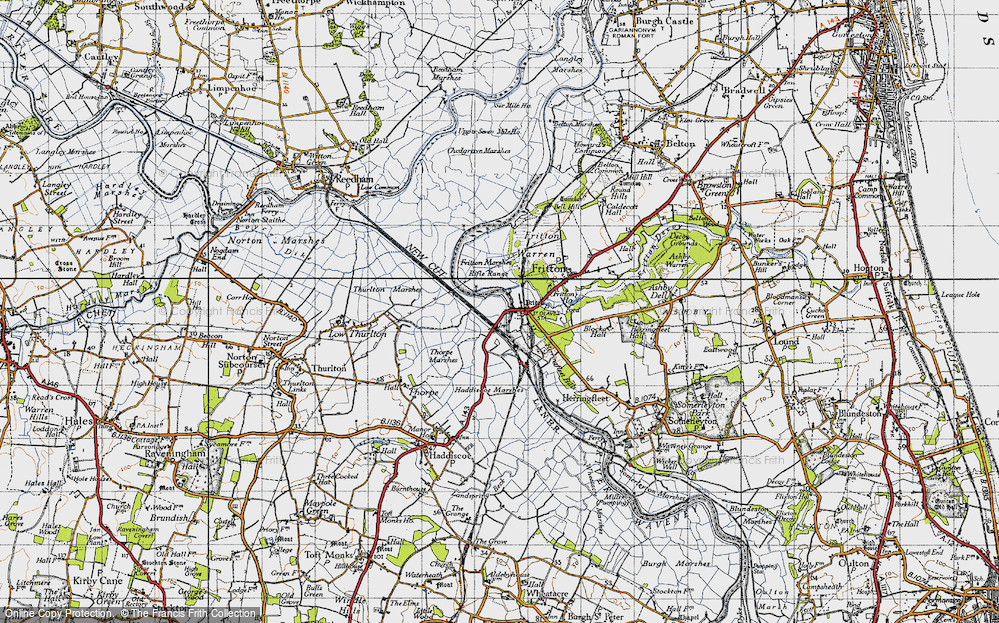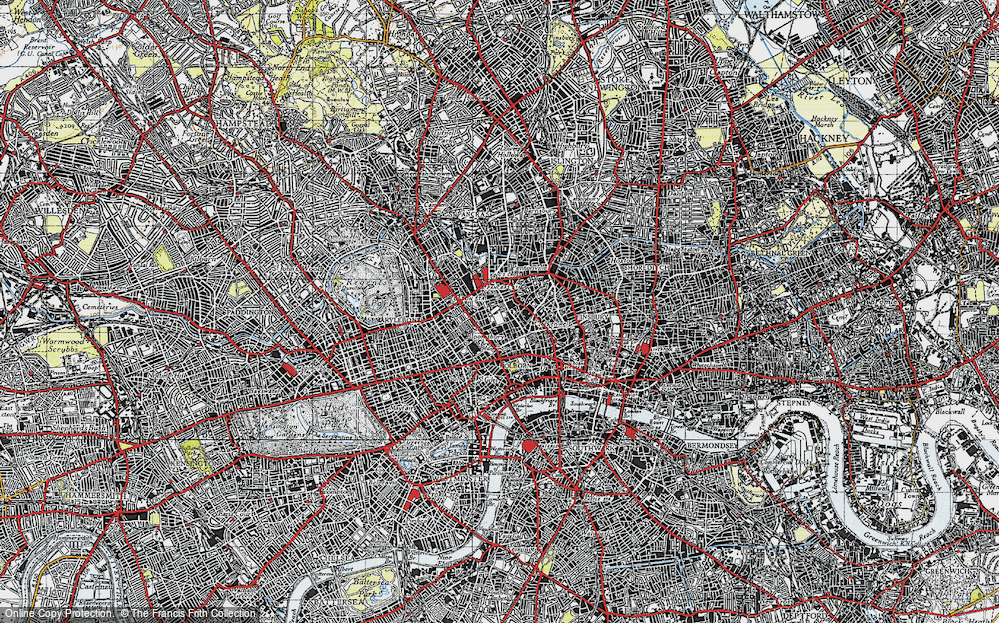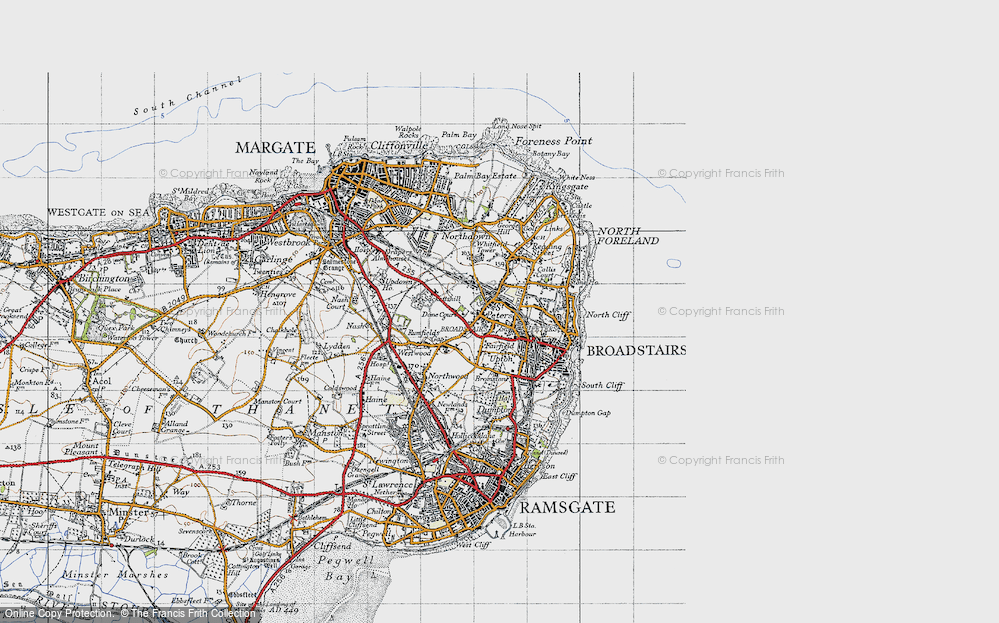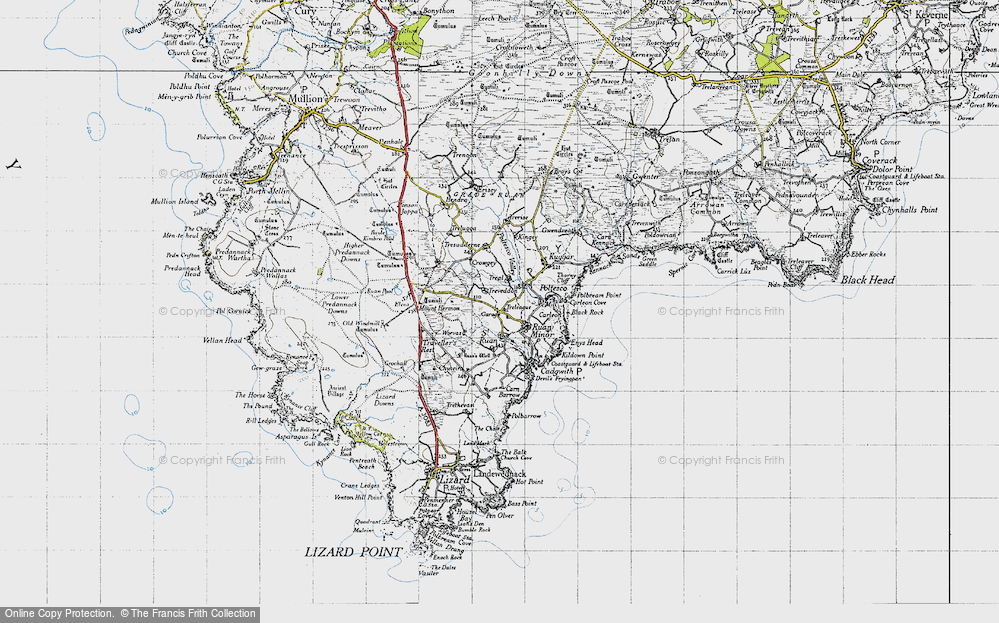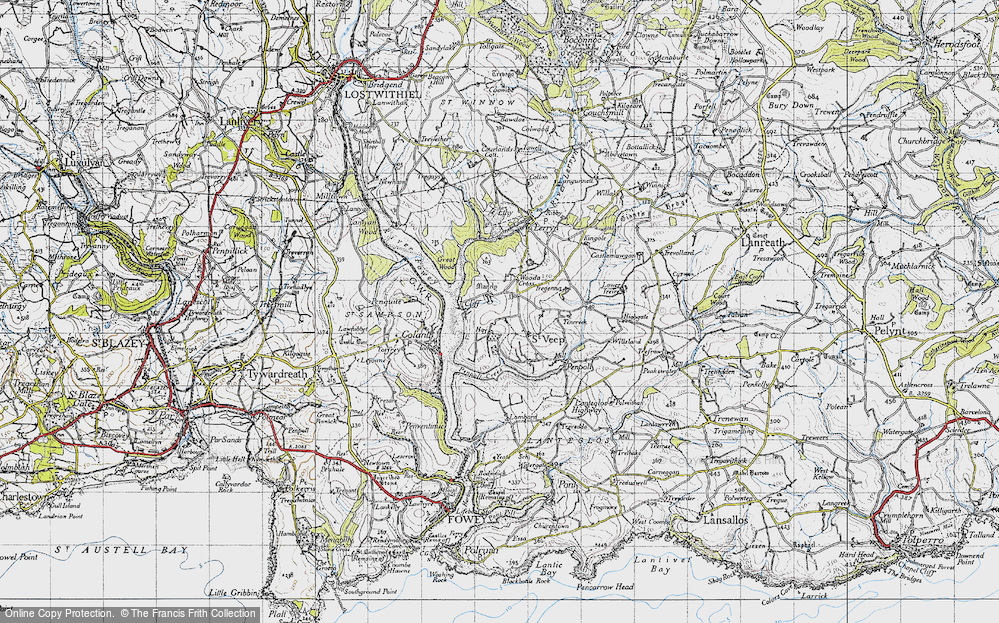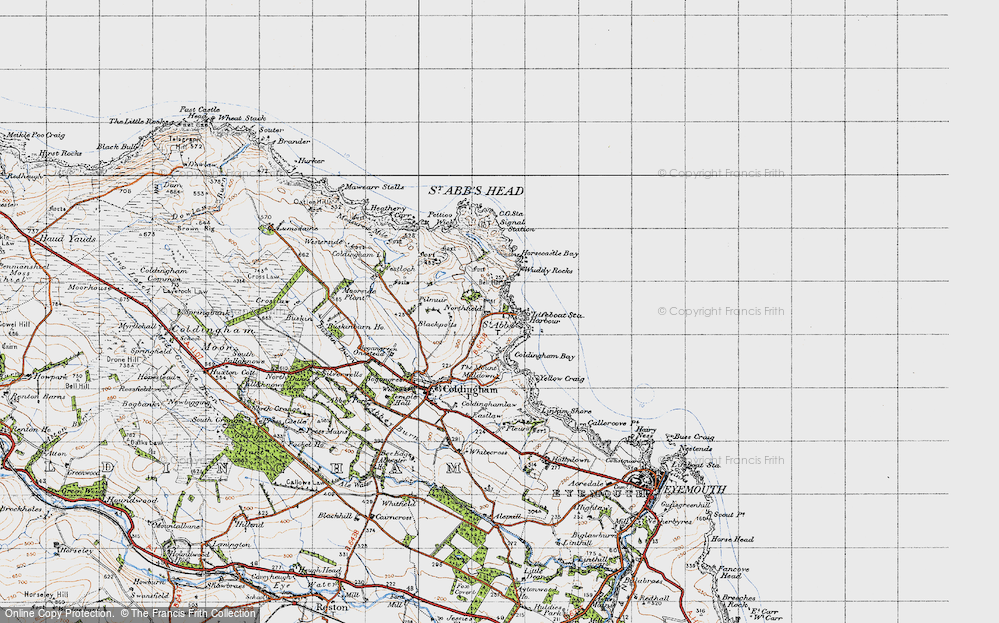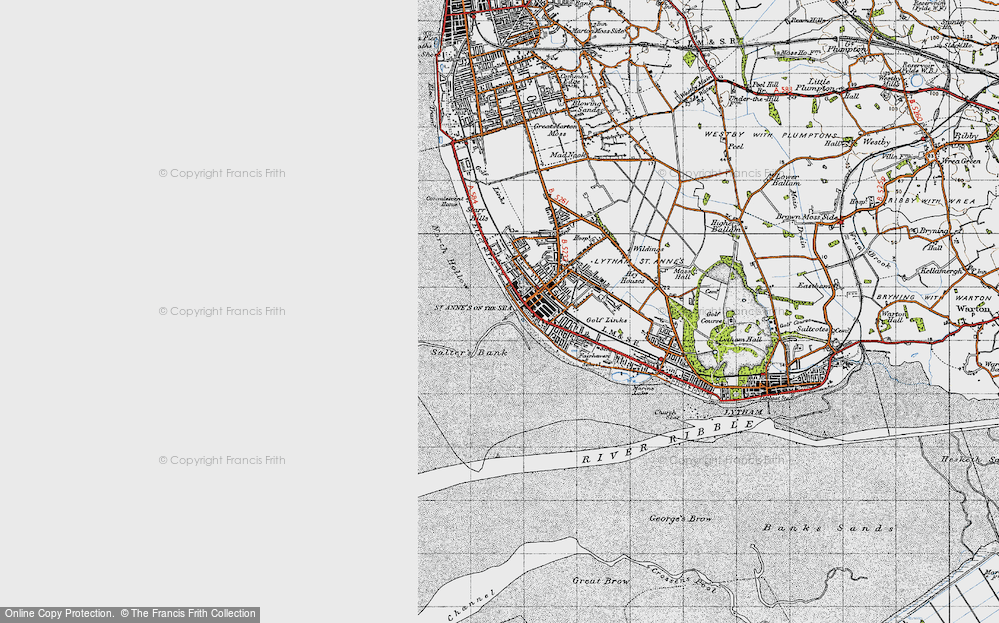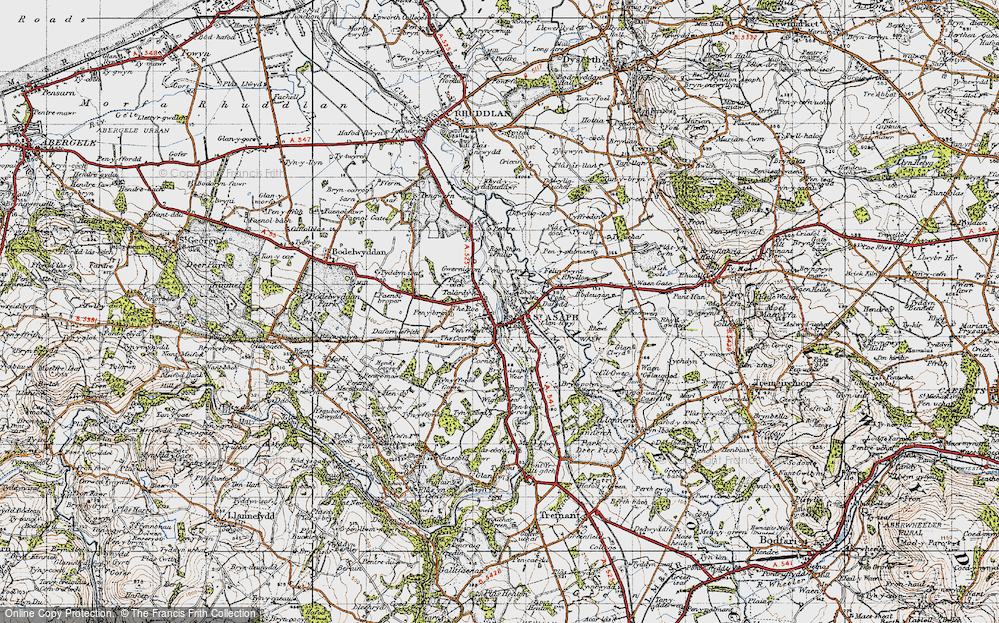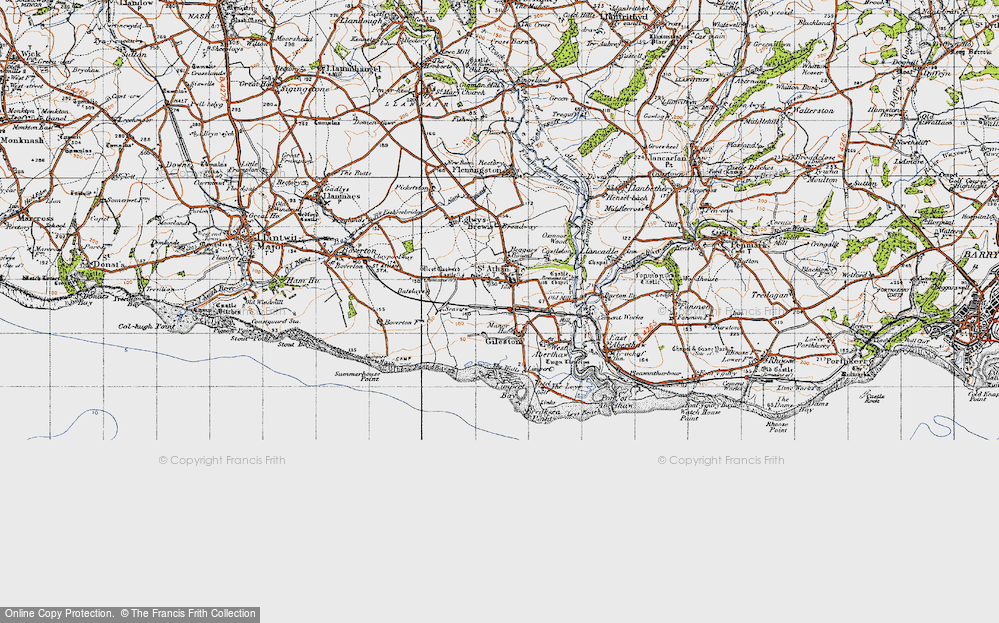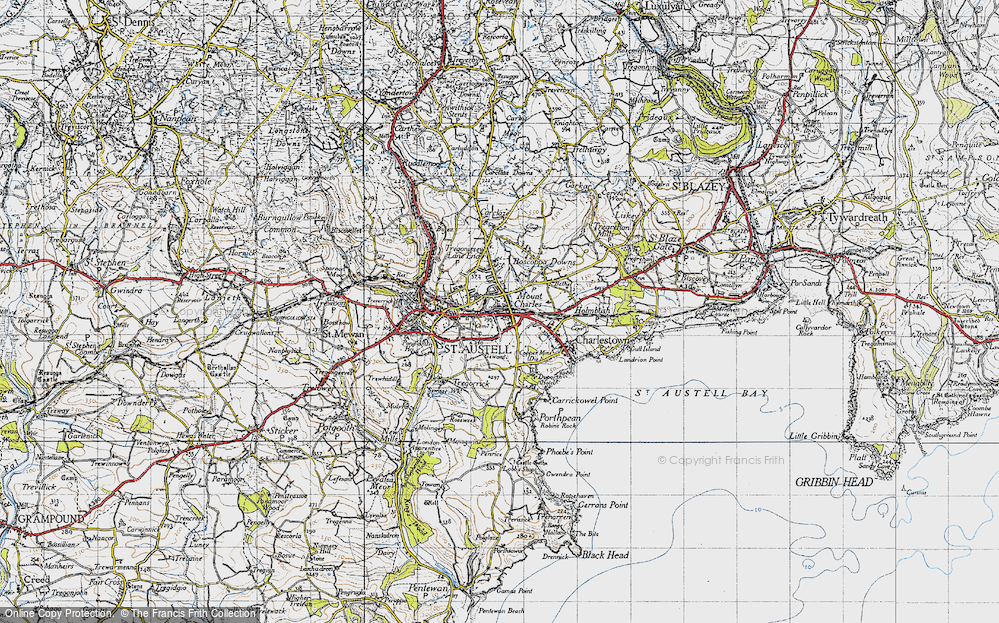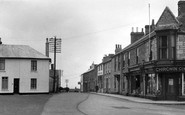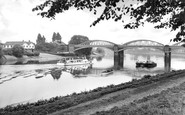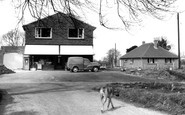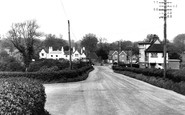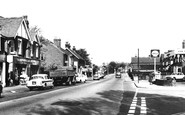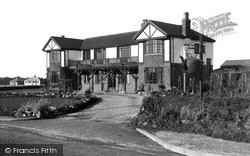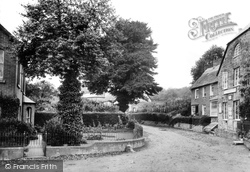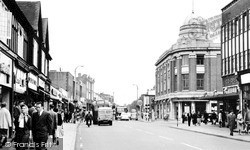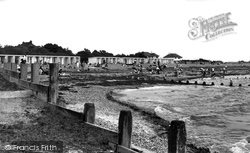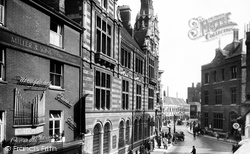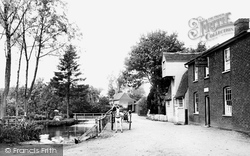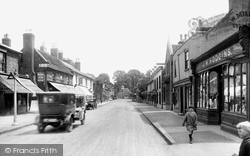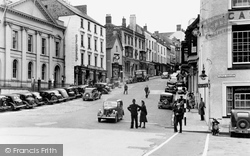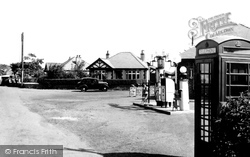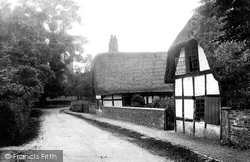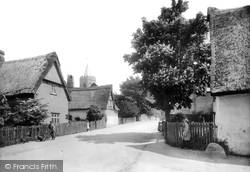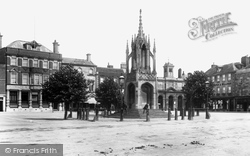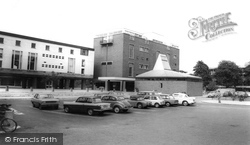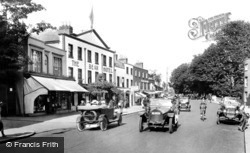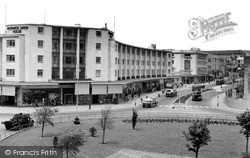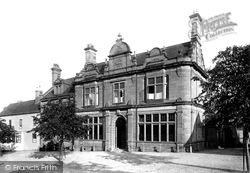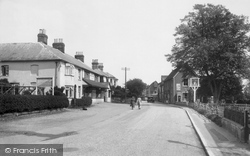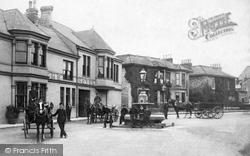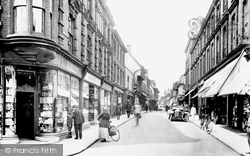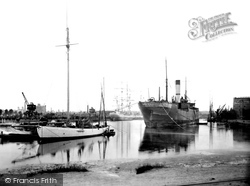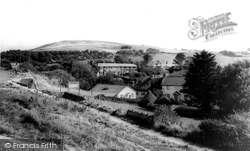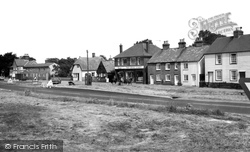Places
9 places found.
Those places high-lighted have photos. All locations may have maps, books and memories.
Photos
2,748 photos found. Showing results 141 to 160.
Maps
776 maps found.
Books
1 books found. Showing results 169 to 1.
Memories
2,736 memories found. Showing results 71 to 80.
Happy Evacuee
This photo is of Bank Square, I was evacuated here in 1939 with brother Bob and was placed with the butcher at No16, that is it on right with white facia, Butcher was Harold Stephens, and his wife and daughter Kathleen. I still recall ...Read more
A memory of St Just in 1940 by
Early Life In Chalford
I was born in Chalford at "The Little House" in Chalford Hill in 1932 and lived there until March 1940. I was the youngest of six children who all lived in the cottage and have very lovely memories of both the cottage and ...Read more
A memory of Chalford Hill in 1930 by
Bletchingley
I grew up in Bletchingley and have just been looking at the photos of the village which provoked a lot of lovely memories I would like to see a photo of the post office during the 70's,which when i left the village in the late 80's ...Read more
A memory of Bletchingley by
The Howard Family Of Barnes And Hammersmith
My Great-Great-Grandad, Henry Howard, lived in the early 1800’s - a time of great rural depression - and so he left his Devon home to look for work in London with the result that several generations of my ...Read more
A memory of Barnes in 1870 by
I Am A Beach Boy
I was born in July 1942 at 2 Church Road ,the youngest of eight children,the time I remember best is around 1952,being a kid in the Beach then was brilliant,so many things to do, Boating Lake,Minature Railway,Swimming ...Read more
A memory of Severn Beach in 1952 by
Arthog
From early 1960s onwards: At school in London we had 2 summer holidays at Min-y-Don. The first time we travelled by coach, we got lost and arrived in the dark. The following year we came by train from Paddington. We had to change at Gobowen ...Read more
A memory of Arthog by
The Two Bob Gun
At the top of Queens Road in Buckhurst Hill is a small newsagents shop. It was owned by the Mr & Mrs. Silk. The shop sold papers magazines cigarettes, sweets and a few toys. Situated right across the road from where Princes ...Read more
A memory of Buckhurst Hill by
Great Dane
I remember the Great Dane in the picture. My Grandma had a Yorkshire/Manchester Terrier cross, and the two animals looked so incongruous when they met. My aunt Doris Greenslade lived in a tiny cottage owned by Walter Little Senior situated 100 yards to the left of the post office in the picture.
A memory of Medstead by
Stratfield Mortimer, C1955
The entrance on the left is to Mortimer Station and the house (red brick) just right of centre is the Old Post Office. The white house just left of centre is Street House. The building to the right (and slightly closer to the foreground) is the old water pumping station.
A memory of Stratfield Mortimer in 2008 by
Busk Crescent
Late in 1945 my parents moved to 25 Busk Crescent, in Cove. The house was on top of a hill and overlooked the Farnborough airfield. From the front bedroom you could see aircraft landing on the runway. The house was one of a string of ...Read more
A memory of Cove in 1945 by
Captions
1,653 captions found. Showing results 169 to 192.
The jaunty hanging kettle optimistically beckons visitors to a Swiss-style establishment that must belie a Wales only just awakening from its post- war austerity.
From this view of the crossroads, one can see The Redes on the left, and on the right, Japonica Cottage, which housed Netherbury Post Office.
Many of Slough's town centre buildings are relatively new, dating from the post- and pre- war periods.
Doubtless state-of-the-art in 1955, these flat-roofed terraced beach huts typify the immense popularity of the post-War summer seaside holiday and day trips, but have long been demolished.
The Capital and Counties bank (now Lloyd's) and Post Office are in the foreground.
All the buildings shown still exist, though the Post Office Stores is now the Tandoori Cottage Restaurant.
On the right is John William Hodgin's draper's shop, which was earlier the post office and run by A Blackby.
The sign on the lamp post indicates that the Post Office can be found in Quay Street, to where it was moved from the corner of High Street and Dark Street in 1936.
At the other end of the extended village of Gronant, before the area was given over to holiday accommodation and caravans, the post office not only sold stamps but also petrol and paraffin.
Despite post Second World War development, several thatched cottages have survived to the present day.
High Street c1965 Post-war expansion of Cambridge pushed the suburbs into outlying villages.
This view clearly shows the iron benches, railings and posts and the ornate street lamps. The earth road is in marked contrast to today's tarmac surface.
The cars look quaint and characterful, but these days the typical post-war architecture seems tired in style and not a lot more than simply functional.
At the height of the coaching era, Maidenhead was littered with posting inns either side of the High Street. Some of these hotels continued to thrive during the age of the motor car.
From this view of the crossroads, one can see The Redes on the left, and on the right, Japonica Cottage, which housed Netherbury Post Office.
In this picture the new Post Office is still under construction on the right.
In the 1880s and 90s post offices often opened longer hours than they do today; from 7.00am to 9.00pm was common. On Sundays, telegraph offices opened from 8.00am to 10.00am and from 5.00pm to 6.00pm.
Today, the Post Office, the first building on the right, is a bathroom showroom.
Transport for guests is lined up outside the Commercial Hotel, advertised at the time as being 'lighted by electricity; families, tourists and commercial, billiards and posting'.
Sturdy bicycles abound in this post-war view. But now, with increasing recognition that cars and pedestrians do not mix, the road sports a pedestrian crossing.
The old and new come together in this post-First World War photograph, with a steamer in the foreground, and a sailing ship in the distance.
In a small village, the post office and general store was always important. This one states boldly that telegrams could be dispatched. A letterbox is set in the wall.
In the post-war years, many eating places were established to cater for the new influx of affluent tourists.
Horses outside the post office give a rural air to this scene.
Places (9)
Photos (2748)
Memories (2736)
Books (1)
Maps (776)




